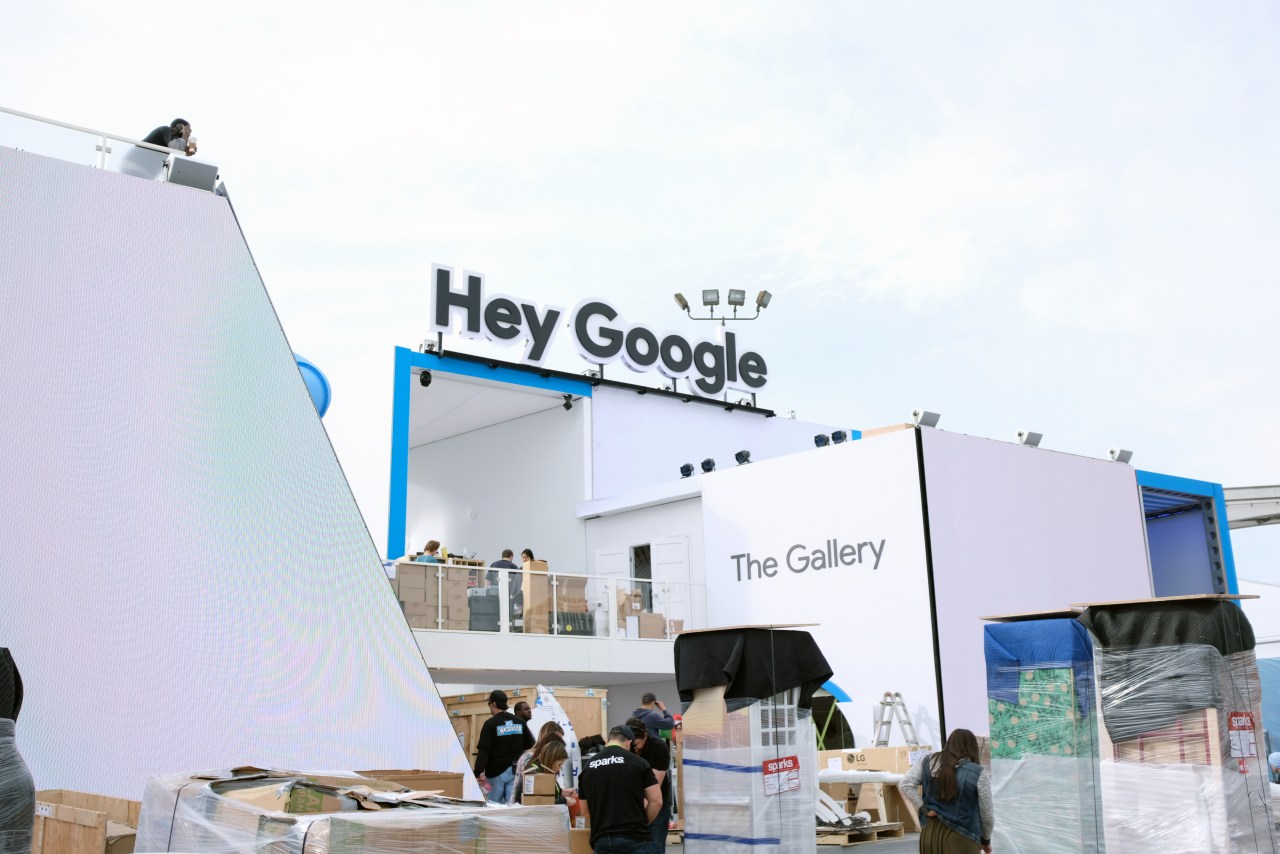The Consumer Electronics Show (CES) is known for drawing the biggest tech players to unveil the latest innovations, and in 2018, Google made a seismic impact with its assertive presence. Gamely taking on the challenge of dominating the smart home narrative, Google transformed Las Vegas into an epicenter of technological prowess. This blog explores Google’s strategic maneuvers at CES and its implications for the smart home arena, while also highlighting the ongoing rivalry with competitors like Amazon’s Alexa.
The Power of Presence
As attendees approached the Las Vegas Convention Center, Google’s ambitious presence was unmissable. A giant black-and-white “Hey Google” sign loomed large, signaling the company’s intentions in an unmistakable fashion. The construction of its impressive booth was already generating a buzz, even before the event’s formal start. The whimsical design, complete with a neon blue looping slide, drew spectators, encapsulating the essence of Google’s innovative spirit.
- Monorail Advertising: As if to amplify its marketing strategy, two monorail trains adorned with “Hey Google” zoomed past, cementing the message in the minds of passersby.
- Shift from Under the Radar: Historically, Google had maintained a quieter presence at CES. This year marked a dramatic turnaround, showcasing the company’s newfound confidence as it ramped up its gaming in the smart home ecosystem.
Bridging Partnerships and Enhancing Collaborations
The shift in strategy isn’t merely about showcasing Google products. It is also a collaborative effort to foster partnerships with major hardware providers like Sony, HTC, Lenovo, and LG. By investing in these relationships, Google has set its sights on expanding the Google ecosystem and ensuring that third-party manufacturers integrate Google Assistant into their devices. A move that seems poised to dethrone Amazon’s Alexa from its throne.
- Focus on Interoperability: CES provided Google with the perfect platform to exhibit how Assistant can seamlessly fit into various household items, beyond the smart speaker.
- Empowering Third-Party Developers: By promoting third-party innovation, Google encouraged manufacturers to adopt its software solutions, fostering an environment ripe for collaboration and creativity.
What’s Next for Google?
While CES is likely not the venue for launching new first-party products—a privilege typically reserved for its own events like Google I/O—the show served as an invaluable stage for highlighting its partnerships and ecosystem. Indeed, company executives hinted at potential announcements regarding future projects, though nothing was confirmed. The show stands as a critical juncture for Google, emphasizing the importance of responsive adaptability within a rapidly changing tech landscape.
Conclusion: A New Era for Smart Homes
Google’s assertive presence at CES 2018 signifies more than just a marketing blitz; it marks the onset of a serious battle for dominance in the smart home sector. With an increased emphasis on partnerships and platforms, Google is navigating an exciting new path designed to capture the market and elevate user experience in homes worldwide.
As technology continues to enhance our daily lives, it is paramount that companies like Google lead the charge toward more intelligent homes, powered by seamless device interactions and integrated smart solutions. At fxis.ai, we believe that such advancements are crucial for the future of AI, as they enable more comprehensive and effective solutions. Our team is continually exploring new methodologies to push the envelope in artificial intelligence, ensuring that our clients benefit from the latest technological innovations.
For more insights, updates, or to collaborate on AI development projects, stay connected with fxis.ai.

